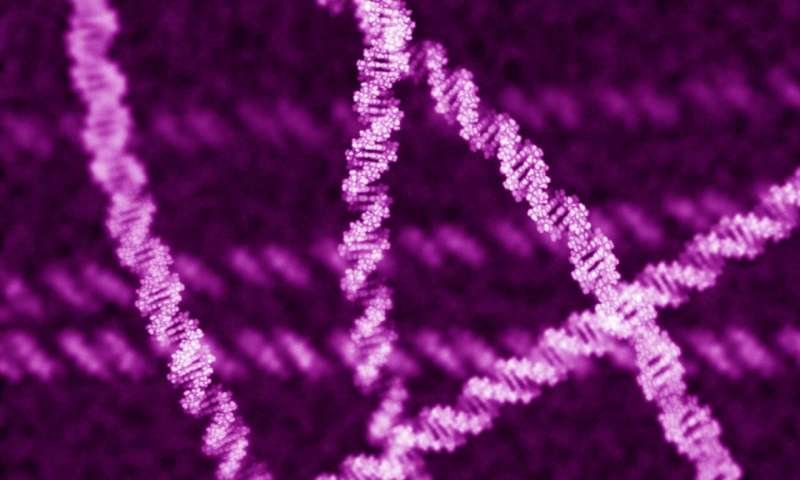We are already living in a synthetic biology world. Within that huge world is an enormous variety of ideas and approaches, like custom-made proteins, CAR-T medicines, genetically engineered crops, and more. One sector still in its infancy is synthetic genomics, where instead of one protein or gene, entire genomes are designed, synthesized, and implemented.
To make synthetic genomics bloom, it needs new innovations and support, concludes a new report by a consortium of scientists from academia and industry, published recently in Science. Nili Ostrov, PhD, (Harvard Medical School, HMS) and colleagues advocate for advances in four areas they believe are critical for making synthetic genomics as much a part of science as gene sequencing is today.
These are 1) improving the ability to synthesize DNA, 2) the ability to precisely and accurately edit DNA using tools such as CRISPR-Cas9, 3) the design of genomes, and 4) the ability to string together pieces of DNA and construct entire chromosomes.
The manifesto “is focused on what we think are the… major technological challenges and milestones we would like to achieve,” said Ostrov, a postdoc in George Church’s lab at HMS.
Read full, original post: A Roadmap and Wish List for Synthetic Genomics































